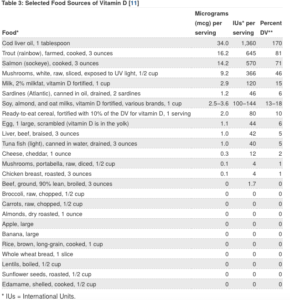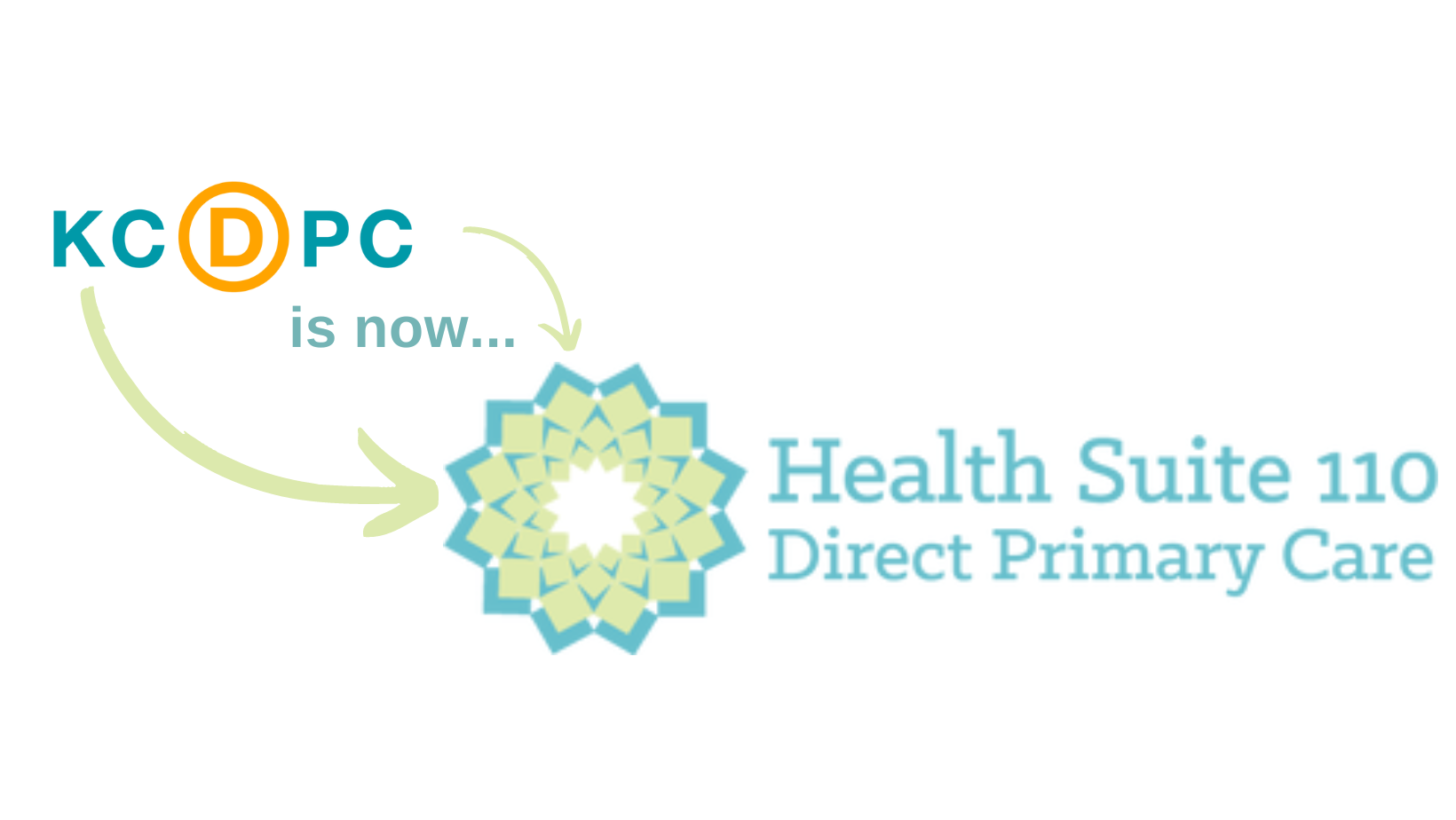Vitamin D has many benefits for our health: from helping to build strong bones to helping with mood — and even helping with our immune response. There is not enough high quality evidence to say if vitamin D can actually help prevent COVID-19, or make it less severe, but studies are ongoing.
Preliminary data finds a correlation between severe COVID-19 and low baseline vitamin-D levels, but there are many variables that may be contributing to this correlation. The main confounder is that older adults have lower vitamin D levels on average, and while they have a poorer prognosis with COVID-19, it is unlikely that the lower vitamin D levels is the main causative factor (more likely correlation than causation).
Vitamin D theoretically can help the immune system by decreasing inflammatory cytokines and increasing anti-inflammatory cytokines. Since COVID-19 is known to cause severe illness due to a “cytokine storm”, vitamin D may have a role in treatment or prevention, research is ongoing.
I have found that a good resource in guiding management of vitamin D supplementation is the Endocrine Society. This link gives good advice about who may need to supplement vitamin D. Those that may need supplementation:
- people over 65
- those with darker skin tones
- those who are not able to get 30 minutes of direct sunlight daily
- or those who do not eat 600-1000U of vitamin D in their daily diet
Many people fall into one or more of these categories and may be vitamin D deficient. As you can see by the chart, there are not that many foods high in vitamin D (unless you are a big cod oil and trout connoisseur).
Sunscreen (important for preventing cancer) also blocks the UV light needed to activate vitamin D, so getting more through sunlight has its drawbacks as well.
A dose of Vitamin D 600-1000U a day is a very safe dose that can help to keep your levels in the normal range, but you may need higher doses if you are more severely deficient. A simple blood test can help determine what supplementation you may need, if any, and we’re happy to coordinate testing for a Vitamin D deficiency for our members for just $20!
I’m not a big vitamin pusher, and, honestly, if you are eating a diet high in fresh produce, whole grains, and healthy fats, I do not recommend any supplements other than potentially vitamin D.
Talk with your doctor to see what is the best option for you.
As always, you can find more information about COVID-19 and other health topics on our blog or follow the clinic’s Facebook page here.
Hazen Short, MD
